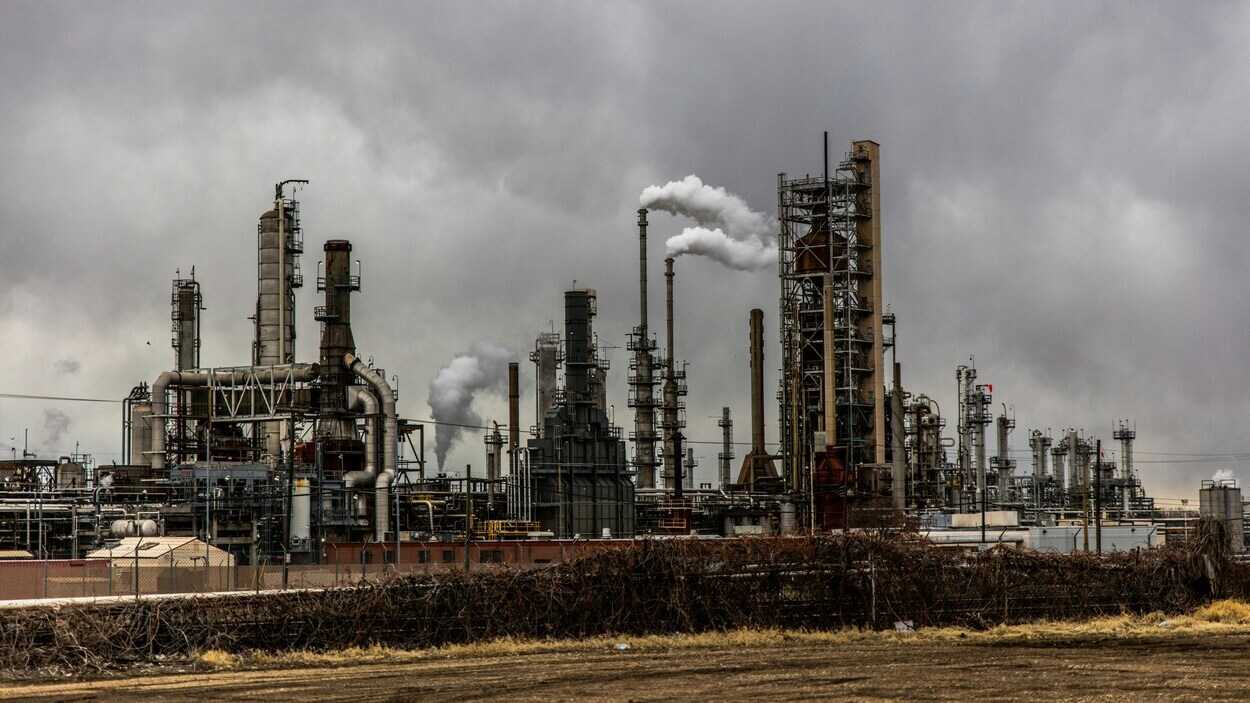Science
Lost on the Moon for 60 Years: AI Joins the Search
23 February 2026

MIT scientists have unveiled innovative technology that could completely transform crude oil processing. Thanks to a super-thin membrane, it's possible to separate individual fuel fractions without the need for heating. Consequently, this is not only a cheaper and simpler solution but also an opportunity to reduce CO₂ emissions and energy consumption in one of the most energy-intensive industries.
Boiling and the oil industry have more in common than it seems. Indeed, to obtain products like gasoline, diesel, or kerosene, crude oil must be heated to very high temperatures. This process, known as fractional distillation, consumes enormous amounts of energy and causes significant greenhouse gas emissions. Therefore, scientists are looking for ways for more eco-friendly oil processing. And it turns out they’ve found one.
A team of researchers from the Massachusetts Institute of Technology has proposed a different solution: a membrane that acts like a molecular filter. Now, there’s no longer a need to heat crude oil to several hundred degrees. Instead, simply pass it through a thin layer of special material, and the membrane will separate the necessary components itself.
“This is a completely new approach to the oil separation process. Instead of boiling mixtures to purify them, why not separate the components based on shape and size?” says Professor Zachary P. Smith, lead author of the study, in an interview with MIT News.
The innovative membrane does exactly that. It separates molecules according to their size. Significantly, current oil processing methods rely mainly on high temperatures. Consequently, this change can significantly reduce emissions. It’s worth noting that oil fractionation currently accounts for up to 6% of global CO₂ emissions.
Read more: The Price of Money. Life on Credit

The new membrane is made from a thin layer of polyimide, a plastic material resistant to high temperatures. It can form very thin, yet stable and durable layers that effectively pass only selected molecules. Crucially, the key lies in a precise chemical reaction at the interface of two liquids: water and oil.
In the classic version, polyamide is formed, but it doesn’t handle hydrocarbons well. Therefore, the MIT team used stronger imine bonds. These are stiffer, less absorbent, and allow the membrane to maintain stability in harsh conditions. Furthermore, the researchers used a molecule called triptycene. Its specific shape helps create pores of ideal size. These are small enough to retain larger molecules and large enough to let smaller ones pass through. As a result, this enables effective filtration and eco-friendly oil processing without quality loss.
See also: The Dream of Paradise on Earth Never Dies. Hell Comes as Part of the Package
The new membrane was tested, among other things, on a mixture of toluene and TIPB. These are two compounds with different molecule sizes. The result? A 20-fold higher concentration of toluene than in the original mixture. Likewise, in subsequent tests, scientists used the membrane to filter more complex mixtures, including kerosene, gasoline, and diesel, with equally good results.
According to Smith, in the future, cascades of different membranes could be used, with each responsible for a different fraction. Ultimately, such a method would accelerate refining processes while simultaneously promoting eco-friendly oil processing, eliminating the need for harmful substance emissions.
While it sounds like a futuristic vision, MIT assures that the solution can be quickly implemented. Taehoon Lee, co-author of the research, emphasizes that the membranes can be produced using already existing technologies.
“One can imagine using the same production lines that today are used for water desalination to produce membranes for the oil industry,” explains Lee.
Thus, this paves the way for a rapid and relatively inexpensive transformation of the sector. In conclusion, the fuel industry can transition to eco-friendly oil processing without sacrificing efficiency.
In times of increasing pressure to protect the climate, any innovation that helps reduce emissions is invaluable. Indeed, eco-friendly oil processing without boiling and massive furnaces could be one of those groundbreaking changes. Ultimately, if this technology becomes widely used, the fuel industry will be able to not only save money but also breathe easier – literally and figuratively.


Science
22 February 2026

Zmień tryb na ciemny